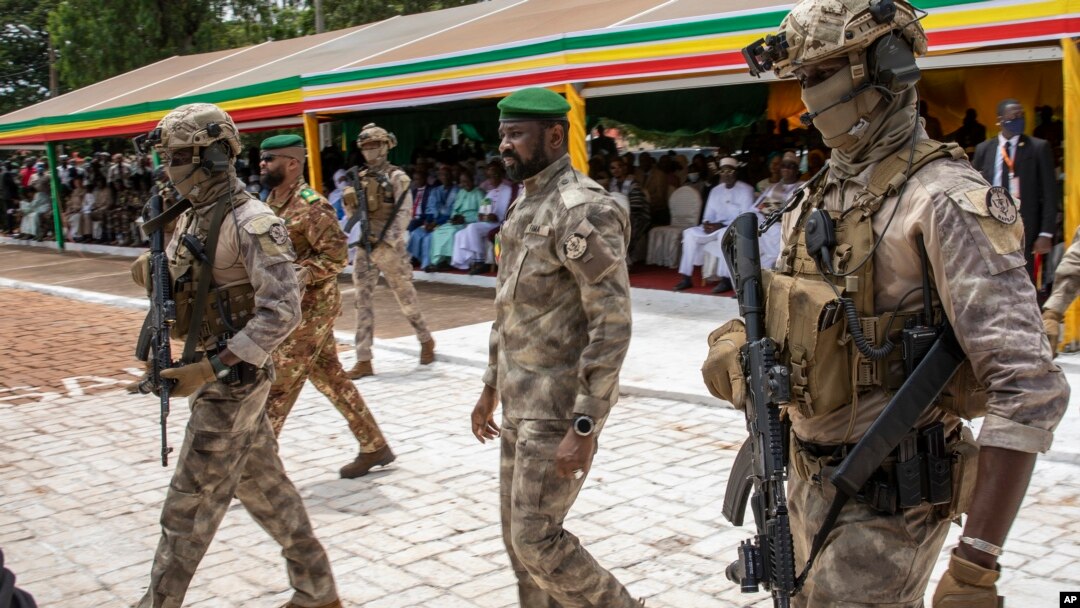Speaking to French media outlet AFP, on the condition of anonymity, a Malian military official said "as part of the reorganization of our arrangements in the north, we have begun the redeployment of our forces in the northeastern region of Kidal."
A convoy left the northern city of Gao, which lies 300 kilometers (185 miles) southwest of Kidal, early Monday, the source added.
Another security official said the convoy was made up of 119 vehicles and was currently stopped on the road to the north of Gao.
National security chiefs made the deployment decision at a meeting late on Sunday, he added.
Kidal is a crossroads region in the north that is not under the control of the Malian state but of a coalition of predominantly Tuareg groups called the Coordination of Azawad Movements, CMA.
Since the end of August, Mali's northern region has witnessed the resumption of hostilities by the CMA and an intensification of jihadist attacks against the army.
The fact that Kidal is still controlled by the ex-rebels continues to pose a sovereignty issue and remains a source of irritation for Bamako, including for the junta.
Junta leaders have made re-establishing state control across the whole country one of their main messages.
- Junta chief's pledge -
Kidal lies more than 1,500 kilometers from the capital Bamako and hundreds of kilometers from the cities of Gao and Timbuktu. It is a crucial stopover between Mali and Algeria.
When an insurrection broke out in 2012, the region was one of the first in Mali to fall into the hands of the rebels, both separatists and Salafists. It was taken over by the CMA in 2013 following military intervention by France and has remained in their hands despite a 2014 attempt by the Malian army to regain control.
In 2015, the rebels signed the so-called Algiers peace agreement with pro-government armed groups and the state.
The 2012 insurrection paved the way for armed groups linked to Al-Qaida to conquer most of the north, triggering France's intervention and plunging the Sahel into war that has left thousands dead.
The Al-Qaida affiliated jihadist alliance Support Group for Islam and Muslims, GSIM, now operates over large swathes of the north and center of Mali as well as on the outskirts of the capital Bamako.
In the northeast, groups affiliated to the Islamic State organization have extended their hold over majority of the Menaka region.
The jihadist insurgency that erupted in northern Mali in 2012 spread to Niger and Burkina Faso in 2015. Following back-to-back coups in 2020 and 2021, the Malian junta pushed out France's anti-jihadist force in 2022.
Northern Mali has seen a series of attacks on the army in recent weeks which coincides with the ongoing withdrawal of the UN stabilization force MINUSMA.
MINUSMA has been handing over its camps to Malian authorities, but the separatists claim they should be returned to their control.
The UN mission is yet to vacate its camp at Kidal and two other sites further north by the end of December.
Mali's junta chief Col. Assimi Goita, speaking on the anniversary of the West African nation's 1960 independence from French rule, last month, pledged to retake control of the country from jihadist groups and rebels.


